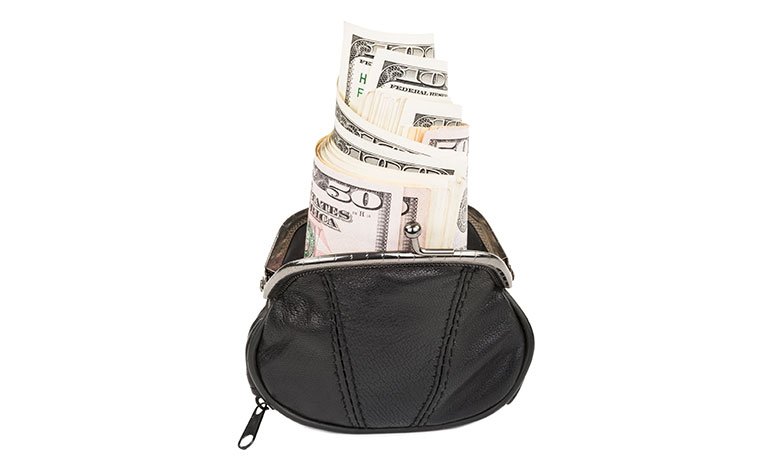
Video FAQ: Should I Own Bitcoin in My Retirement Accounts
This video FAQ discusses the potential reasons that you may want to include Bitcoin in yourretirement accounts, and why you may not.

Video FAQ: Selling the House After a Spouse Passes Away
In this video FAQ, we answer the question, “how long do I have to sell my house after my spouse passes away in order to avoid capital gains?

Video FAQ: How Do You Measure Risk Tolerance for Investments?
In this video FAQ, we discuss two approaches for evaluating and managing risk tolerance.

Video FAQ: Do I Need an Immediate Annuity?
This week's question is, "do I need an immediate annuity?" And, the answer is that it depends on how much risk you want to take on, what your time horizon is, and what your other assets are.

Tax Planning for People with Concentrated Positions
In this post, we’ll explain more about what a concentrated position is, the impact it can have on your finances, and the best ways to manage your taxes when you’re trying to reduce your position.

Video FAQ: Retirement Emergency Funds & Cash Reserves
When it comes to emergency funds, how much is the right amount? In this video, we look at two different scenarios that would affect the amount of cash reserves that you would want on hand during retirement.

The History of Taxation in the US
If you’ve ever been curious about how much money you’re paying in taxes relative to what other past generations were charged, then you might be surprised to learn just how much they’ve fluctuated over the past century. Here’s a brief overview of the history of taxation in the U.S. and why the rates have changed over the decades.
How are Investments Taxed (and How Can I Minimize Them)?
While many people tend to focus on how much money their investments will produce for them, it can be equally as important to understand how the IRS will tax this income. In this post, we’ll explore the tax treatments on interest, capital gains, and dividends, and then discuss how you can use this knowledge to your advantage.
